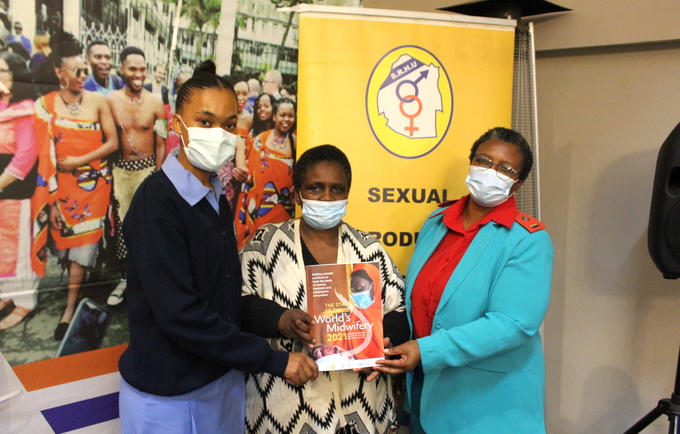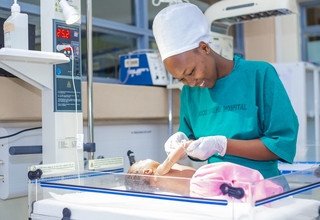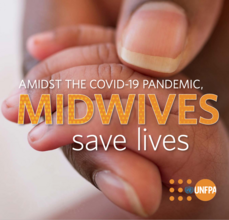“In the presence of a midwife, who is well equipped and knowledgeable, the threats to women and new born babies are minimal,” stated Nomqhele Msibi, a final year midwifery student commenting on why she chose the midwifery profession.
She described midwifery as a profession with a long history as decribed in the Bible, which she understands gave her an idea of a career path.
“I felt I could be a midwife of my time,” Nomqhele said with a brief pose to allow the clapping of hand settle and continued.
“I was young but I knew faith alone wouldn’t get me there. I needed to acquire knowledge to help me be the midwife that would be able to avert maternal mortality,” continued the young midwife.
Msibi also praises the midwives around her for mentoring her to transform her childhood dream into a lifesaving profession.
“My journey has been wonderful. The I’m blessed with resourceful lecturers and practicing midwives who always share information in order to help us young midwives polish our skills and grow.
Nomqhele shared this during a breakfast meeting for commemorating the International Day of the Midwife in Eswatini at Mountain Inn held on the 11th May 2021. This event was in part for sharing the State of Midwifery 2020 report. Significant highlight of the report is the global shortage of about 900 000 midwives hence the call for more investments on midwives.
The COVID19 pandemic, has also made the situation worse by increasing the burden on health facilities by reducing the number of frontline workers. As a result, a brief moment of silence, in remembrance of the midwives lost to COVID_19.
Despite these shortfalls, midwives continued to shine as observed by Deputy Chief Nursing Offer Sibongile Khoza in her remarks.
“This day is for honoring the work done by midwives taking care of women and their children. Their continued excellence shows how committed they are towards ensuring safe pregnancies and births,” Khoza said.
She further stated that there is need for increasing investments on midwives to ensure that they are well capacitated to offer quality services to women and their children.
UNFPA Head office Margaret Thwala-Tembe also heaped praises on Eswatini midwives for their dedication despite the tough conditions presented by the COVID_19 pandemic.
“As the theme calls for following the data, this report gives us a direction as to how we can strengthen midwifery in Eswatini, particularly in capacity building to enhance the efficiency of Eswatini’s midwives.”
Chairperson if the Eswatini Association of Midwives Zwakele Ngwenya also shared the same sentiments and further requested more material support for midwives.
Eswatini, with a maternal mortality ratio of 452 per 100 000, seeks to reduce institutional maternal mortality by 50% in the next 5 years. This would therefore contribute to UNFPA’s overall goal of ending preventable maternal deaths by 2030.




